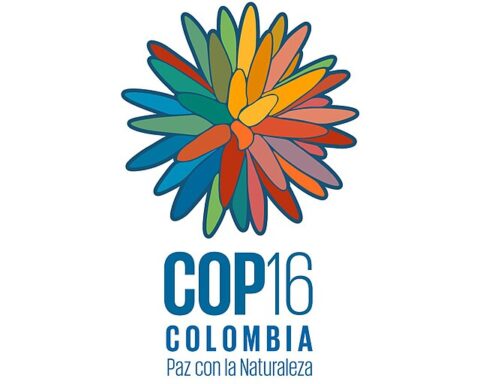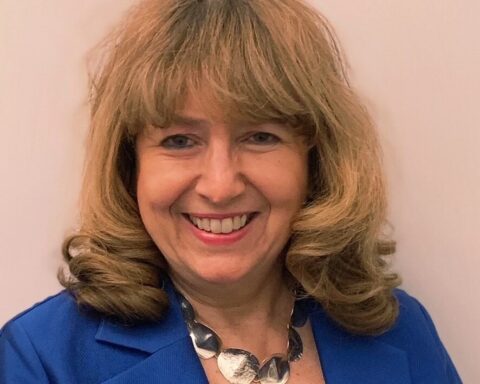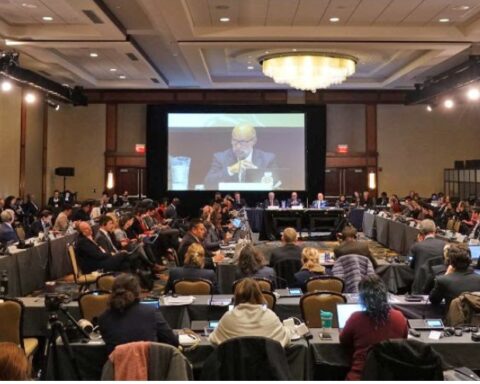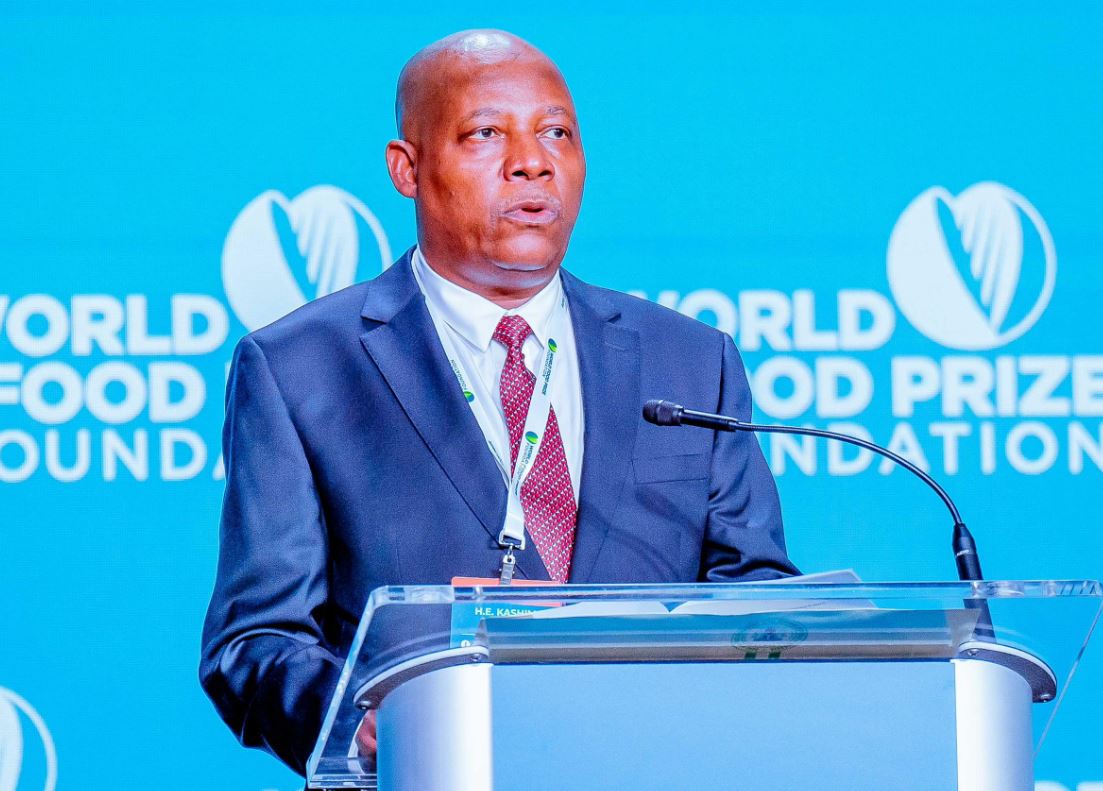Achieving the ambitious and transformative agenda of the Kunming-Montreal Global Biodiversity Framework requires the full and effective participation of indigenous peoples and local communities around the world.
This is why the United Nations Biodiversity Convention will spend the upcoming week discussing the expanded role and importance of traditional knowledge, as well as the innovations and practices of indigenous peoples and local communities.
The twelfth meeting of the Ad Hoc Open-ended Inter-sessional Working Group on Article 8(j) and Related Provisions of the Convention will be held in Geneva from 12 to 16 November 2023.
The meeting is preceded by an international dialogue with indigenous peoples and local communities, women and youth, and relevant stakeholders on the implementation of the Framework and the Gender Plan of Action, on 9 and 10 November.
The dialogue will address how actions and strategies toward promoting a human rights-based approach, gender equality, and intergenerational equity can support the implementation of the Kunming-Montreal Global Biodiversity Framework.
The regional groups will meet on 11 November for consultations.
The meeting of the Working Group, starting on 12 November, will focus on the call by governments made in Montreal at the United Nations Biodiversity Conference in December 2022, to develop a new programme of work on Article 8(j) and other provisions of the Convention relating to indigenous peoples and local communities that will be aligned with the Kunming-Montreal Global Biodiversity Framework.
Acting Executive Secretary of the Secretariat of the Convention on Biological Diversity David Cooper, said nations must move towards an inclusive implementation of the Framework, fully engaged with indigenous peoples and local communities, as well as with women, youth, and relevant stakeholders, towards taking action in support of implementation.
“We I hope events such as this Dialogue and the outcomes of this coming WG8(j) meeting will be a catalyst to accelerate the implementation of the Kunming-Montreal Global Biodiversity Framework,” he said.
He reiterated that under the Convention on Biological Diversity, traditional knowledge, innovations, and practices of indigenous peoples and local communities, are central to the implementation of the Framework and more broadly, for the achievement of conservation, sustainable use, and equitable sharing of benefits, the three objectives of the Convention.
“The meeting this week will discuss how these provisions and the participation of indigenous peoples and local communities can be further expanded across the work of the Convention and reprioritize elements and tasks to ensure that it is supportive of human rights-based and gender-based approaches, coherent with the goals and targets of the Framework.
“An in-depth dialogue will also be held on “the role of languages in the intergenerational transmission of traditional knowledge, innovations, and practices,” he said.
Cooper added that governments will undertake a review of the programme of work for Article 8(j) and related provisions and consider the possibility of the adoption of a new programme of work related to indigenous peoples and local communities.
Given the growing recognition of the importance of indigenous peoples and local communities and traditional knowledge for the implementation of the Kunming-Montreal Global Biodiversity Framework, the Working Group will also look at options for institutional arrangements covering Article 8(j) and other provisions of the Convention, and their modus operandi, including the participation of indigenous peoples and local communities in the work of the Convention. These options to be considered include:
- Continuing the Working Group with a revised mandate within the Framework; or
- Establishing a permanent subsidiary body on Article 8(j) and related provisions with a mandate to provide advice to the Conference of the Parties, other subsidiary bodies and, the Conference of the Parties serving as the meeting of the Parties to the Cartagena and Nagoya Protocols, on matters that are relevant to indigenous peoples and local communities and within the scope of the Convention; as well as
- Applying the enhanced participation mechanisms used by the Working Group for the participation of representatives of indigenous peoples and local communities, as appropriate, when addressing matters of direct relevance to those groups in the subsidiary bodies of the convention, such as the SBSTTA and SBI.
The above discussions are guided by a report of an Expert Group that met in July 2023. The Working Group is expected to review this information and make recommendations concerning possible objectives, principles, elements, and tasks of the new programme of work and institutional arrangements, ensuring alignment with the Framework.
The meeting will also look at several key indicators of the status of traditional knowledge, practices, and innovations, namely:
- Trends of linguistic diversity and numbers of speakers of indigenous languages;
- Trends in land-use change and land tenure in the traditional territories of indigenous and local communities;
- Trends in the practice of traditional occupations;
- Trends in the degree to which traditional knowledge and practices are respected through their full integration, safeguards in the national implementation of the Strategic Plan for Biodiversity 2011–2020.
Finally, the Working Group will consider the recommendations related to the Convention from the twentieth (2021), twenty-first (2022), and twenty-second (2023) sessions of the Permanent Forum on Indigenous Issues, focusing on those recommendations that have not yet been examined by the Working Group.








